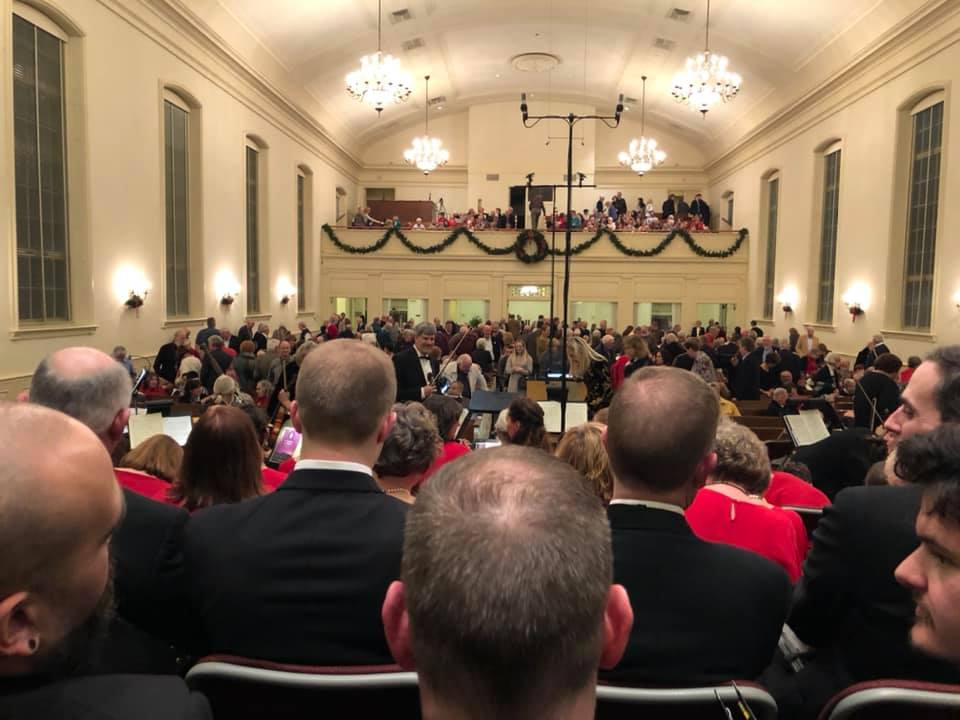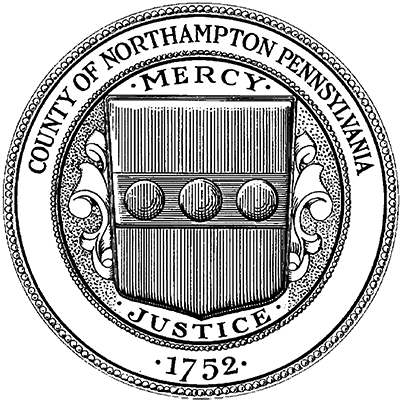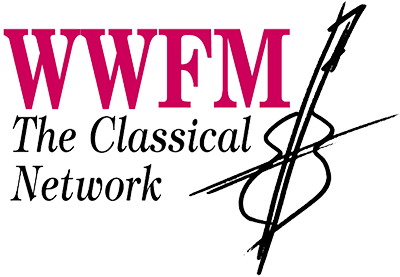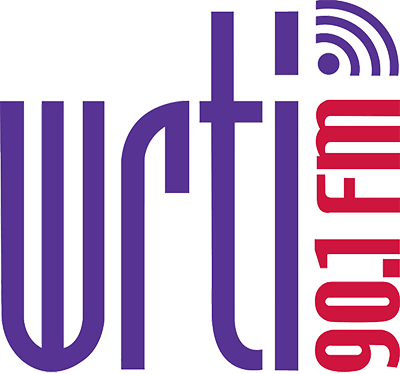
Credit: Anthony Villani
A meme has been circulating among my musical friends that provides a bit of cheerful remonstrance for musicians who think that Messiah is overdone. It has a portrait of Handel and reads, “So, musician, you think my Messiah is “derivative” and “overdone?” Well, once again, I’m paying for your rent for December. From the grave. You’re welcome, and Hallelujah!” I chuckled, because it’s true. Messiah is overdone, often by amateur choirs who mean well and love the piece and value its message, but who might not be entirely up to the task of rendering many of the works challenging passages well. Then there’s the ubiquity of it for performers of early music – countless performances, a sense of the rote and overly-familiar. And yet…and yet…
It’s an unquestionable masterwork of religious devotion and theatre. No one could hear David Newman’s “Thus saith the Lord of hosts,” and not be moved. Powerfully. David’s been singing Messiah as long as I’ve known him, but there wasn’t even the faintest inkling of “here we go again,” in his singing. Just a purity and power of expression distilled from years of experience and admiration for the work. Likewise, when the harmony would appear after the monody of “The people that walked in darkness,” symbolizing the “great light,” there was a particular shine, both in David’s eyes and his voice. Daniel Taylor’s arias abounded with substance and depth, and his high notes and ornaments – my goodness! Every time Isaiah Bell is here, and has an aria with melismatic passages, I think to myself, “is there anyone in the world who can make those fleet passages sound more effortless?” I was on the record of anticipating his “Comfort ye,” and, as expected, it was an absolutely arresting moment. And Agnes Zsigovics sparkled radiantly in her arias, with seemingly iron lungs. Greg had worked very hard to bring a fresh and disciplined Messiah to life, treating our performance as a kind of first encounter (which it officially was – this was The Choir’s first time performing it, but many of us have sung it elsewhere). That hunger for leaving all the hoary, neo-Victorian clichés behind was then amplified by a quartet of soloists whose command of the work was surely inspiring to all of us. Likewise, our orchestral colleagues were working hard to make the work sound new and give Handel his due.
Messiah’s strong association with the Christmas season has always baffled me, in that only a third of it pertains to Advent and Christmas. A full performance at this time of year can feel incongruous, and also makes for a long evening. When Greg shared with me that he was planning to decouple the work, and give it additional context with the music of Bach, I was delighted. That (slight) gamble paid off here, I believe, as the dialogue between Messiah and the Bach Magnificat was exceptionally compelling. Here are two towering musical giants, at the peak of their powers, painting texts with photorealism and extraordinary devotion. There are difference, to be sure, but there are also endearing similarities. As in Messiah, our soloists brought the tender and devotional moments to life with extraordinary delicacy, and were fierce when called for, as in Isaiah’s appropriately cataclysmic “Deposuit.” David’s good cheer in the “Quia Fecit” was a perfect match for Bach’s jaunty music. Isaiah and Daniel’s “Et miserecordia,” was a real stunner – both singers balancing marvelously with one another and the muted strings. Agnes’ pair of arias were a stunning juxtaposition of exultation and vulnerability. Finally, Agnes, Fiona Gillespie, and Daniel made a stunning trio, joined by Mary Watt on a gorgeous oboe obbligato in the “Suscepit Israel,” full of gentleness and devotion (this movement is beastly hard, too!).
I am especially proud of and grateful to my colleagues in The Choir for rising to the challenge of singing a non-quotidian Messiah, as well as responding so powerfully to the inspiration of our orchestral colleagues and our soloists. There was such an overwhelming spirit of striving and swinging for the bleachers. At the helm, of course, was our fearless leader, Greg, whose shaping of the performance, from a myriad of technical and musical details, to other less-tangible elements, such as narrative pace and a seamless sense of connection with all the performers, was breathtaking. It struck me on Saturday evening, as we neared the end of the “Gloria Patri” in the Magnificat, that it was the second to last time I would be singing the work with him. For a split second, I felt predictably maudlin, but his generous and inspiring presence helped me overcome that quickly. There is a powerful sense of valediction to Greg’s music-making of late, and we’re are all the grateful beneficiaries of his generosity of spirit and the summa of a lifetime’s worth of skills and artistry so ambitiously and successfully achieved. Bravi tutti!
One final note before I sign off for the year. This weekend’s concerts were dedicated to Nelson Markley, our recenty-retired treasurer. News of his passing was a shock to all of us in the Bach Choir family, and our deepest sympathies are extended to his family. Nelson’s was the steadiest of hands on the till in managing the finances of The Choir, and his reports to the Board of Managers were always simultaneously sober, but full of hope and excitement for the future. He was invariably cheerful in person, and leaves behind an extraordinary legacy of professional accomplishment as an academic and university administrator. Some years ago, I was I enjoyed the company of Nelson and his lovely wife Patricia, at a dinner, and, after they departed, Allison Black, wife of our current President, Hal Black, asked me if I had visited Nelson’s website. I replied that I had no idea that he had one, and she mentioned, with evident glee, that Nelson was an accomplished photographer and birder. I had no idea! I visited the site soon thereafter, and was struck by Nelson’s extraordinary skill in an area far from mathematics and higher-ed administration. I invite you to visit his site, which is suffused with a palpably endearing sense of wonder, and enjoy the fruits of his loving labors. May he rest in peace.










































